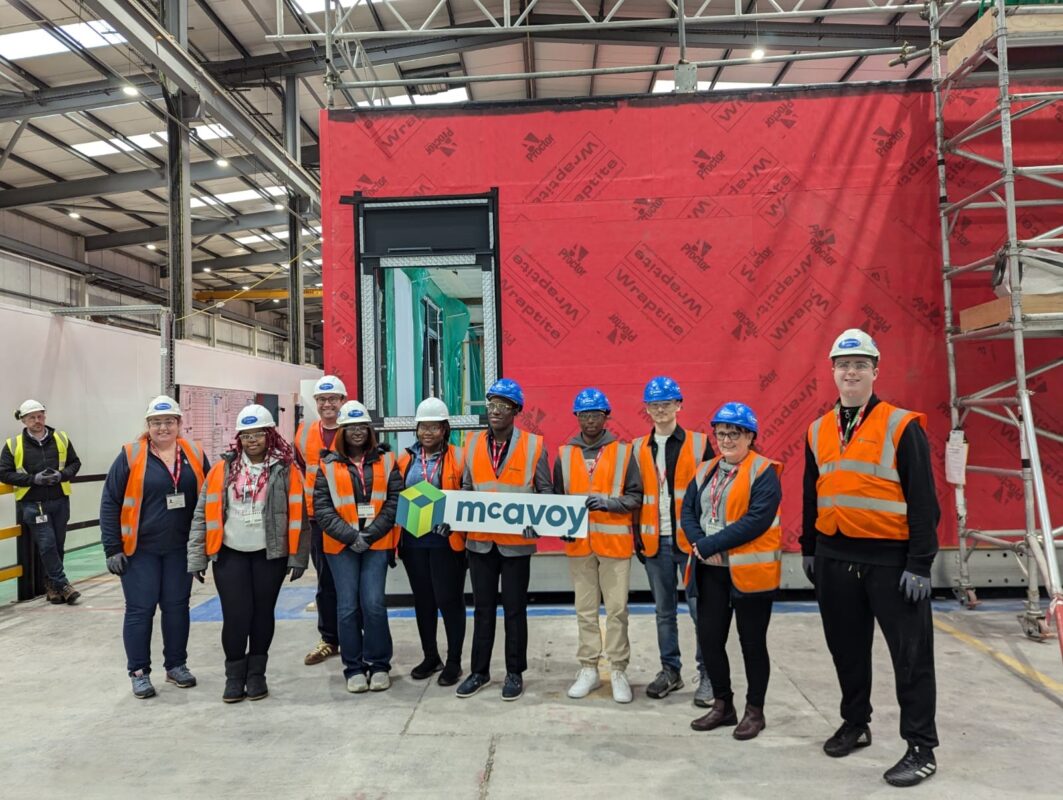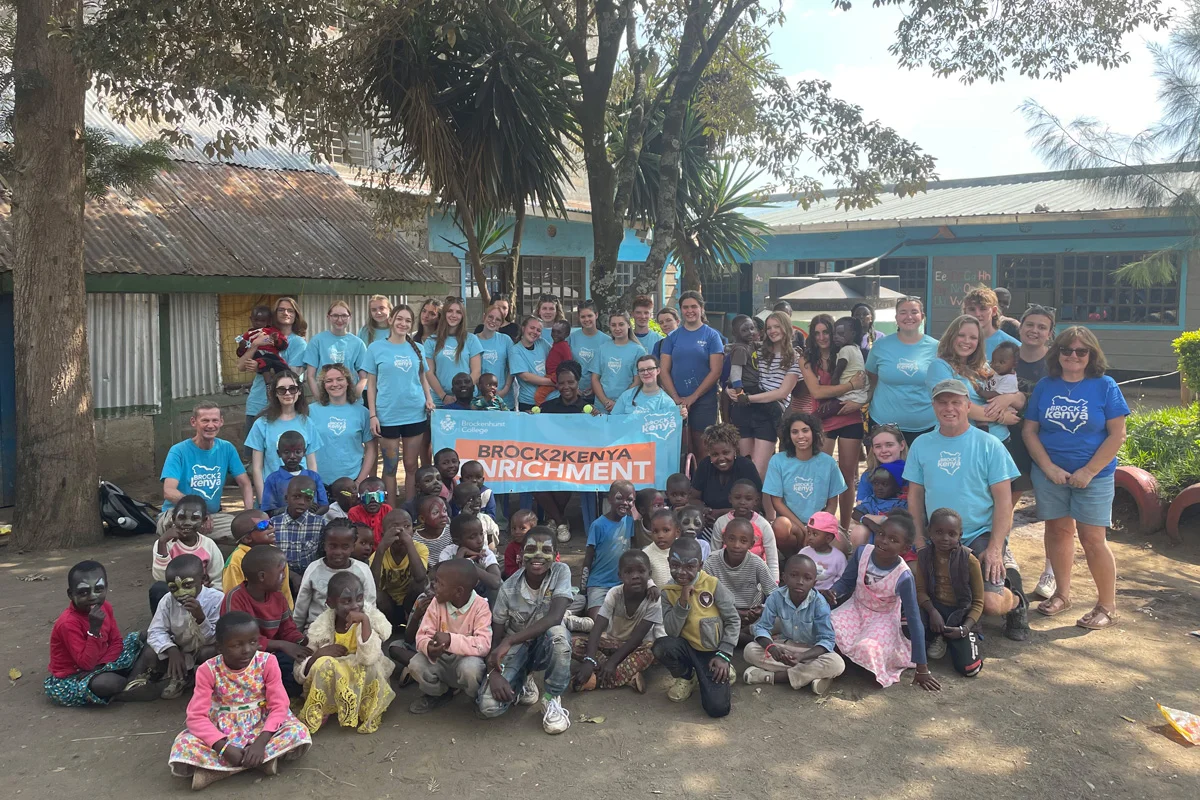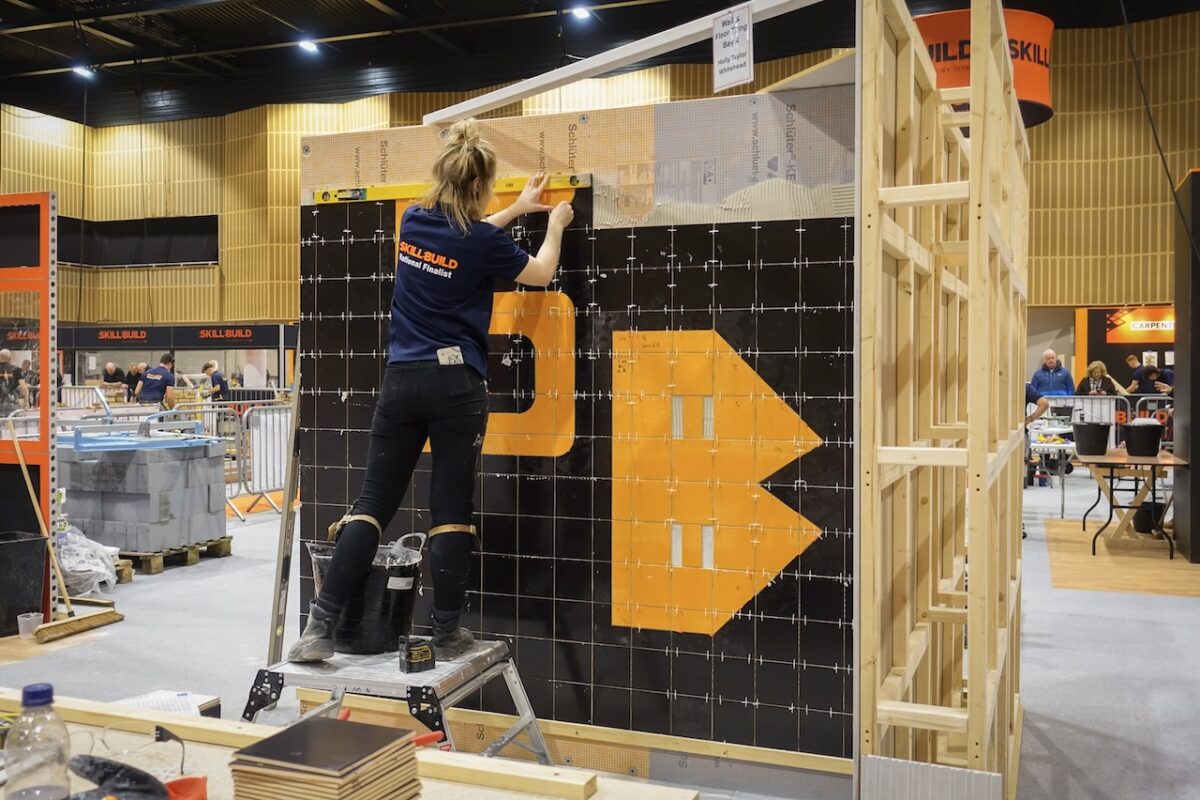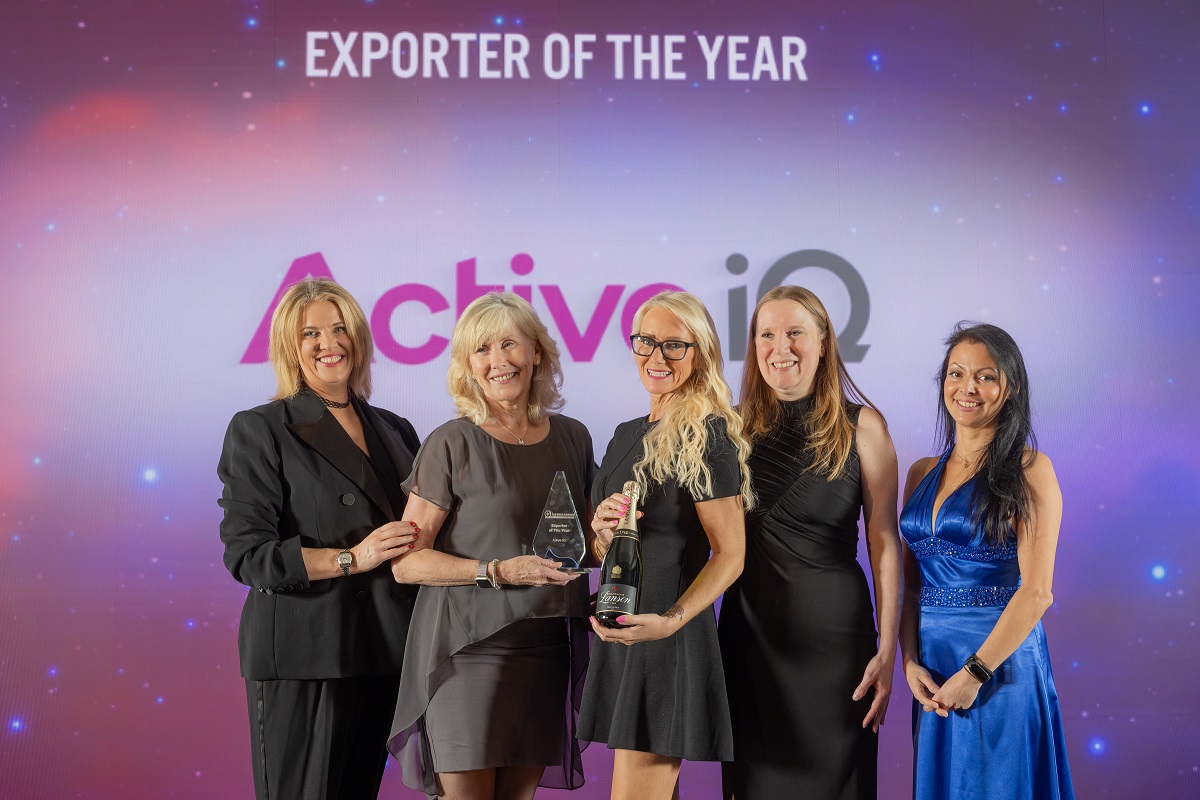How technology can support children’s learning

As UNICEF notes, education is a key social and cultural right and plays an important role in reducing poverty and child labour. Article 28 of the UN Convention on the Rights of the Child states that children and young people have the right to an education regardless of race, gender or disability; if they are in detention, or if they are a refugee[1].
However, from the recent disruption brought on by the pandemic to socio-economic factors, the reality is that many children across the UK do not have access to all the resources required to support their learning. Technology can help address this problem and make it easier for parents and their children to access a wide range of learning resources to use at their own pace.
At Amazon, we are passionate about education and are invested in supporting the development of skills in all children, to ensure their school years are successful and to prepare them for fulfilling future careers. It’s why we launched Amazon Study – to provide parents, carers, and teachers with access to a wide range of free, curriculum-linked maths and science resources from some of the UK’s leading education providers, helping support the learning of children from age five and onwards.
We also know that parental and caregiver involvement can have a large and positive effect on children’s learning. Education Professor John Hattie’s 2008 seminal evidence-based study into the factors that improve pupil learning concluded that the effect of consistent parental and caregiver involvement in a child’s learning is equivalent to adding two or three years to that child’s education. A recent YouGov survey of 1000 British parents, found that while 45% enjoy being involved in their child’s learning, one in ten (11%) parents see cost of education resources as a barrier. By providing access to high quality educational resources for free, we’re removing one more barrier and making it easier for parents to be involved in their child’s learning.
Amazon Study is part of a wide range of initiatives that support the development and education of children to ensure their school years are successful and prepare them for the future. The bulk of this activity is structured towards nurturing a passion for STEM learning and helping to improve access to learning resources for children across the UK.
Amazon Future Engineer[2] (AFE), our comprehensive childhood-to-career programme enables young people from lower-income backgrounds to realise their potential in computer science through bursary schemes, online coding tutorials and career talks. We’ve reached over 200,000 students from underrepresented and underserved backgrounds through AFE since 2019.
AWS GetIT[3] is another education initiative by Amazon Web Services (AWS) that encourages young girls aged 12-13 to consider a career in tech – challenging long standing gender stereotypes. Teams from different schools are invited to an app-building competition to solve real world issue faced by their community. Students learn practical digital and IT skills, experience working as a team and gain self-confidence- all while being exposed to IT as a potential career.
Unfortunately, we know that many children in the UK don’t have access to the devices they need for learning. In 2021, research from Ofcom[4] estimated that between 1.14 million and 1.78 million children in the UK did not have access to a laptop for home learning. Amazon teamed up with Teach First to donate 10,000 Fire Tablets to schools in need for home learning, self-directed learning and more. Amazon is also working with the Digital Poverty Alliance, a charity that aims to end digital poverty by 2030, to support device donations to schools across the UK.
Technology can help enable easier access to unlimited resources. It affords students the choice and the freedom to find resources, and learn at their own pace. And most of all, it equips them with crucial 21st century skills and knowledge that will prepare them for their future careers and help to drive social mobility.
By Katie Pearce – Programme Lead, Amazon Study
[1] unicef.org.uk/rights-respecting-schools/the-rrsa/the-right-to-education/#:~:text=The%20Right%20to%20an%20Education,tolerance%2C%20development%20and%20economic%20growth.
[2] https://www.amazonfutureengineer.co.uk/
[3] https://www.future-foundations.co.uk/awsgetit/?doing_wp_cron=1659352913.0696849822998046875000
[4] https://www.ofcom.org.uk/data/assets/pdf_file/0013/220414/online-nation-2021-report.pdf











Responses